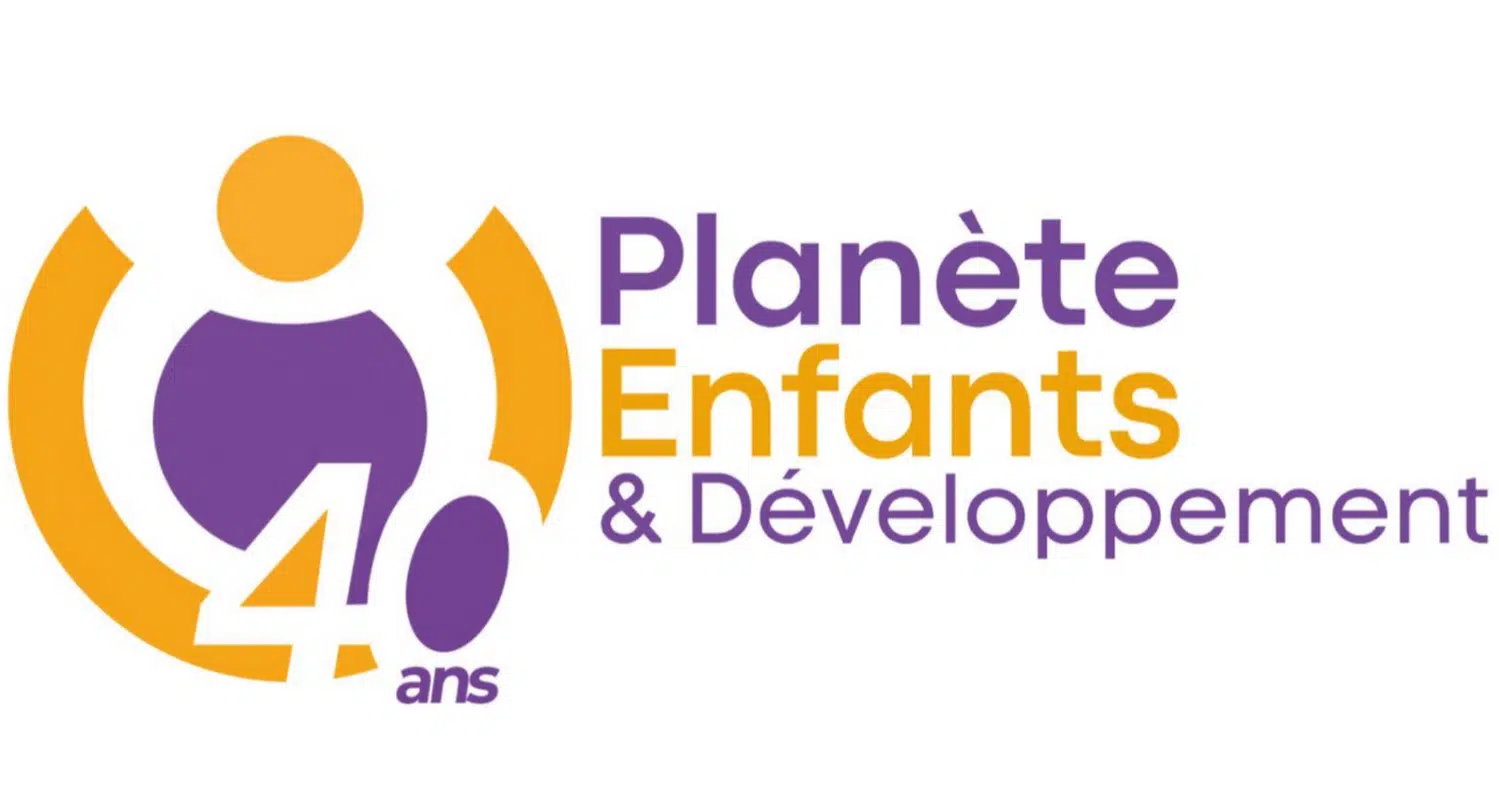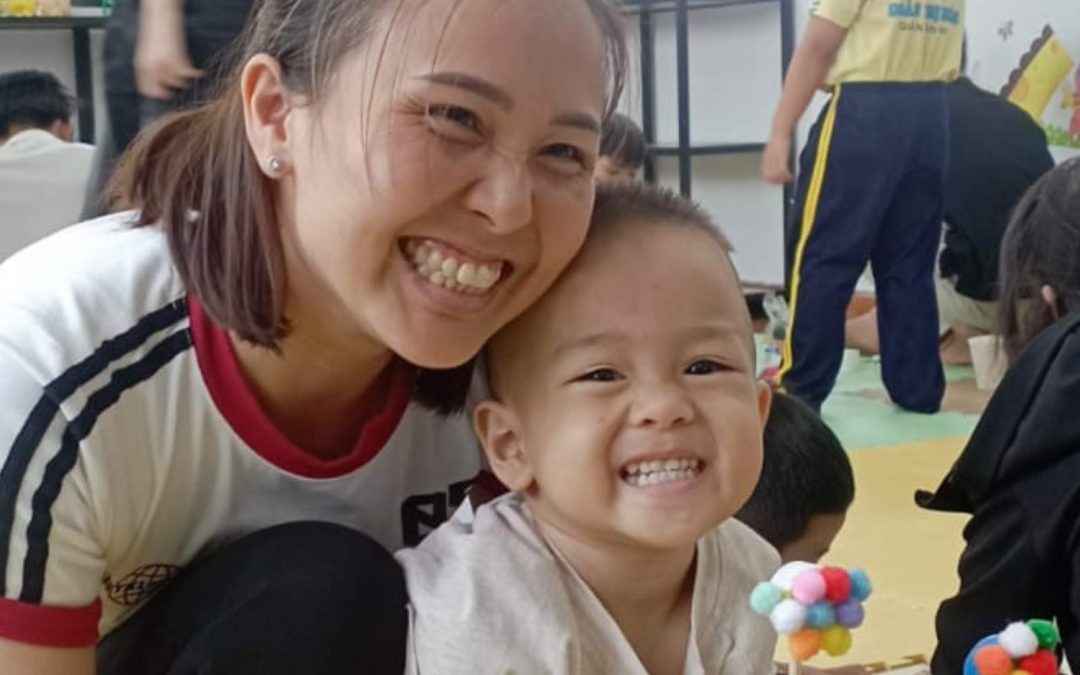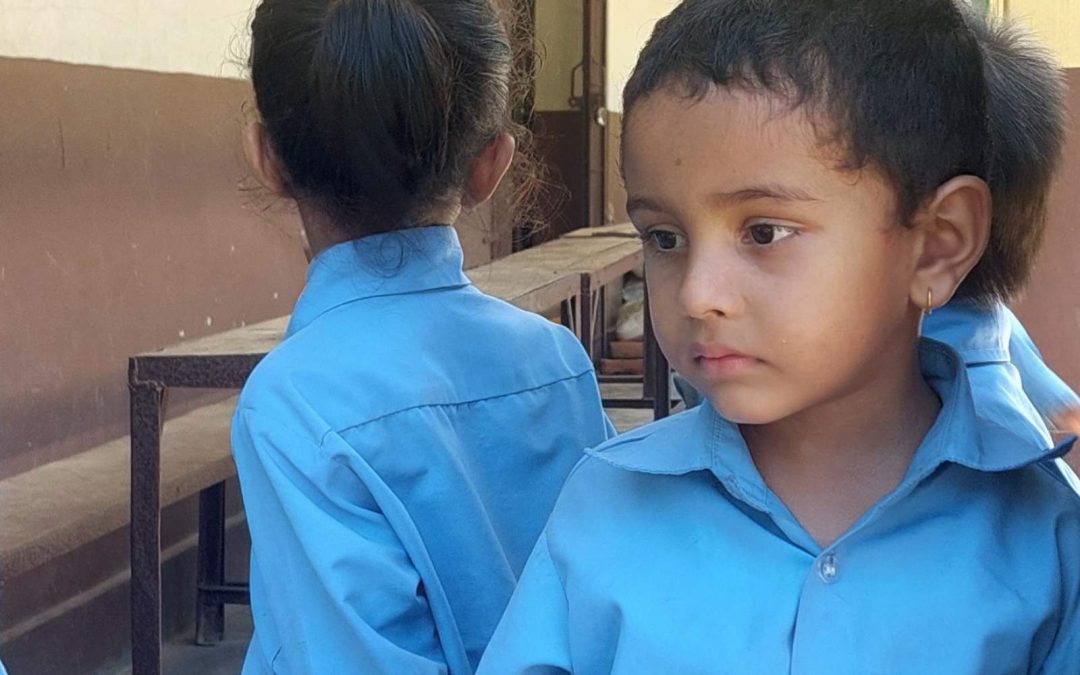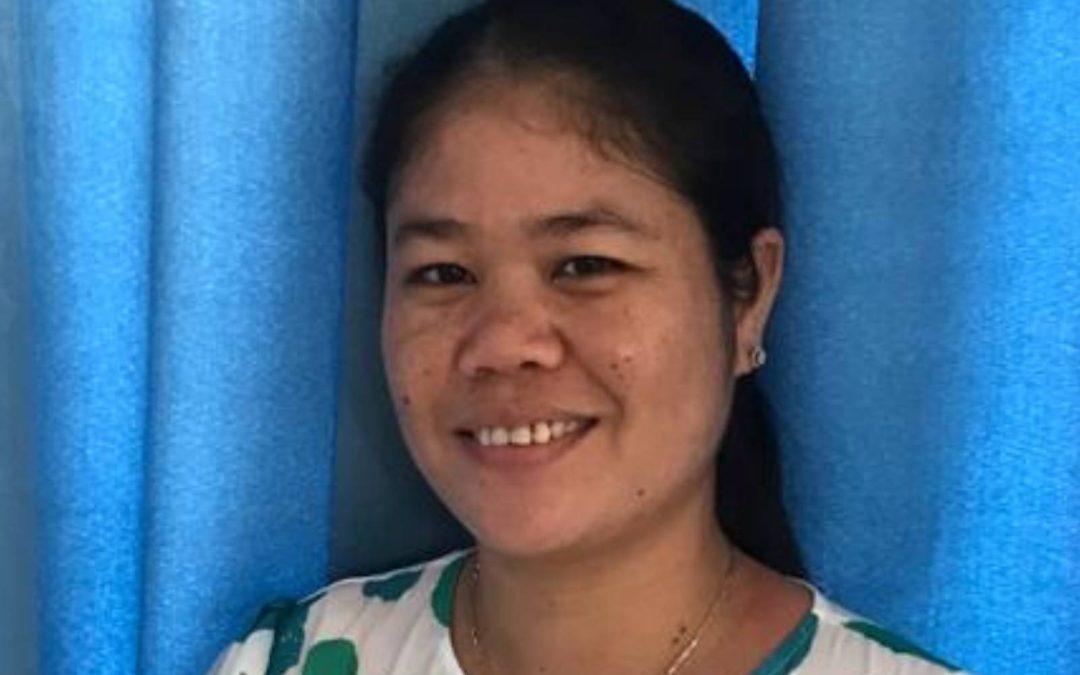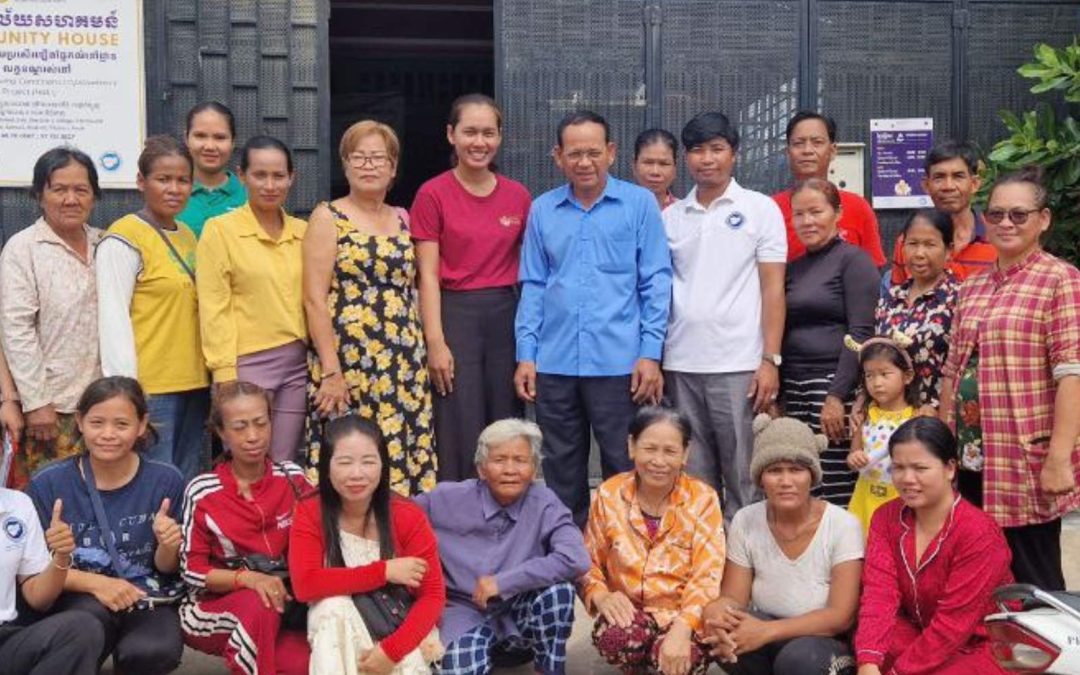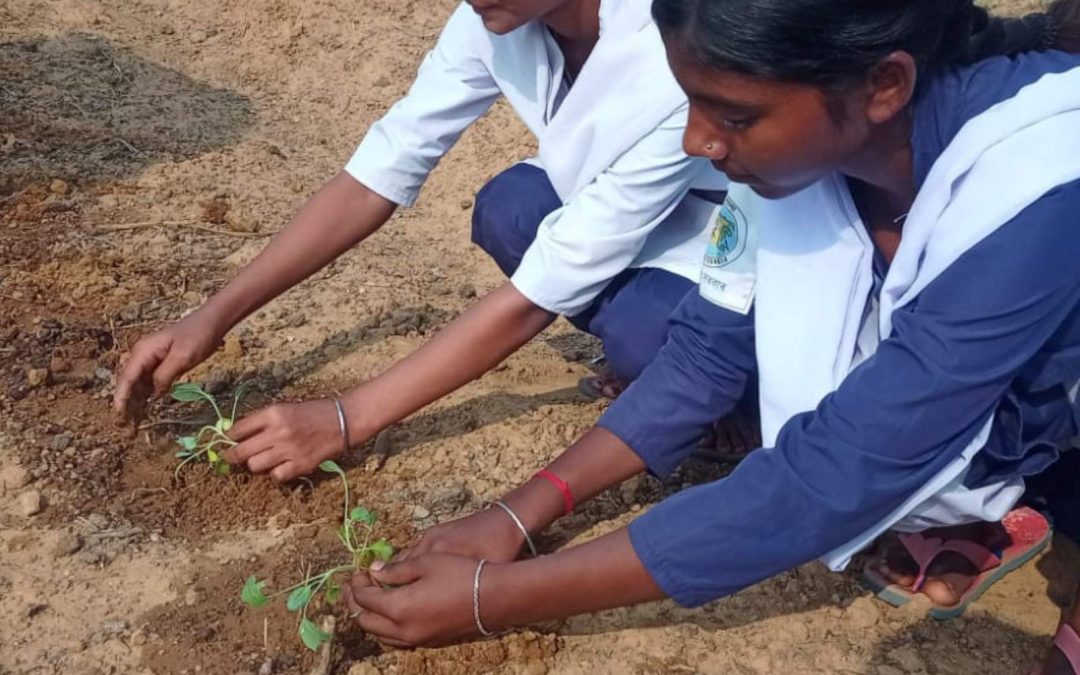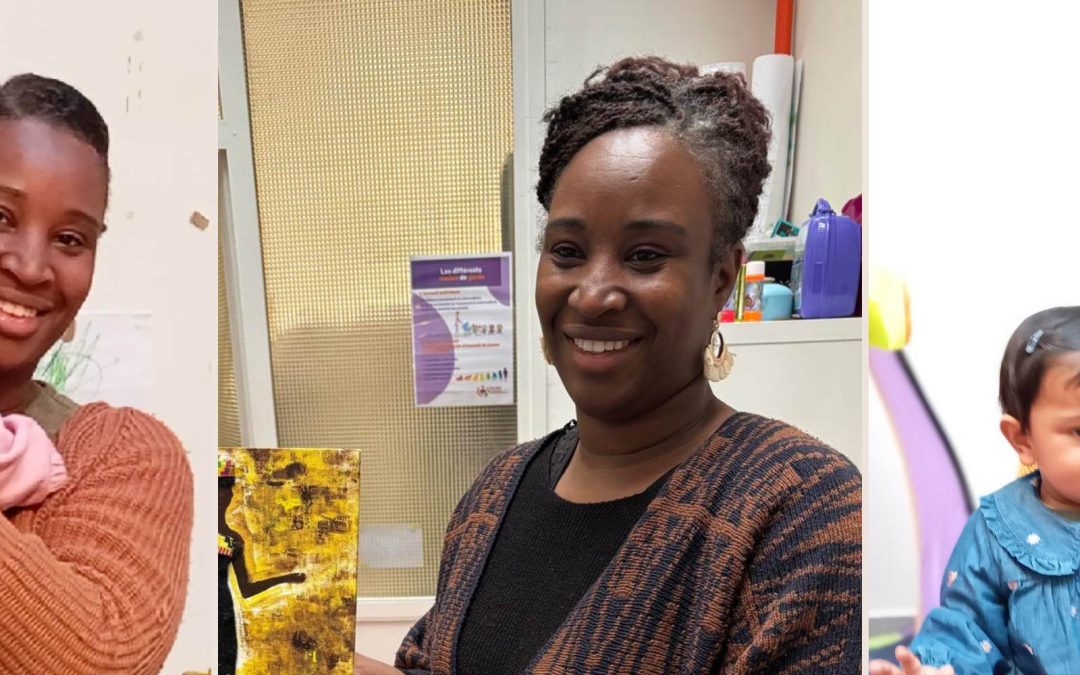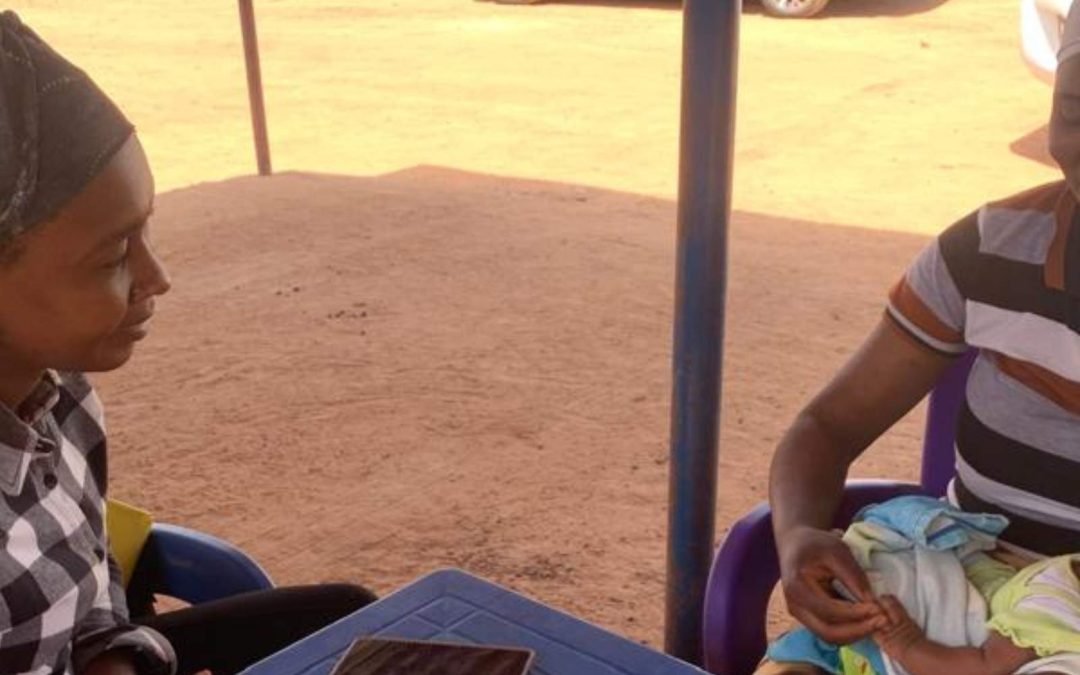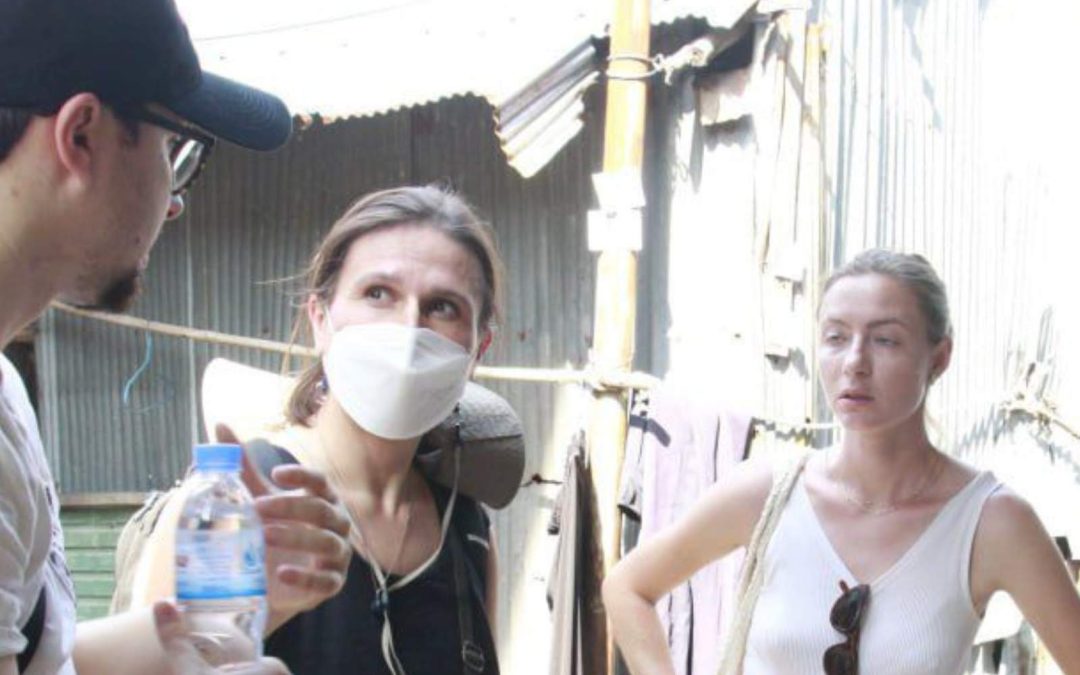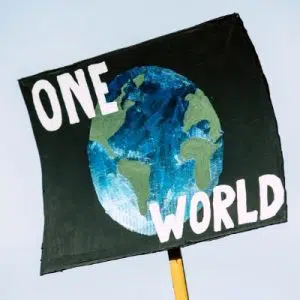 While the French are currently experiencing a gradual deconfinement, let's take stock with you of the health, economic and social situation in the countries where we operate.
While the French are currently experiencing a gradual deconfinement, let's take stock with you of the health, economic and social situation in the countries where we operate.
-
Cambodia
The authorities officially count 125 cases and no deaths.
Schools could remain closed until November. However, the country seems almost spared by the virus, it is even one of the least affected countries in Asia. The World Health Organization (WHO) has nevertheless called on the authorities to be more vigilant while no official containment has been decreed.
From serious economic consequences are already being felt and the Asian Development Bank estimates that the economic loss could be as high as $390 million. The most affected sectors are the tourismthe tourists being mainly Chinese, and thetextile industryThe textile industry is a major employer of 700,000 to 800,000 people. The textile sector is forecasting a decrease in orders of 60% for the second quarter of 2020. However, the Prime Minister announced on April 7 that each worker in the sector affected by the suspension of activity would receive a monthly compensation of 70$, compared to the usual salary of 190$.
-
Nepal
2099 cases are officially registered, 8 deaths.
Most cases are concentrated in the south of the country. Containment is postponed from week to weekIt extends for the moment until June 14. International flights are suspended until further notice. But we note a relaxation, the confinement is less and less respected by the population. For the inhabitants, the economic situation is indeed very difficult The few distributions of food or money have been suspended for the moment.
A public emergency fund was created to distribute money, food stamps or rice to the most vulnerable families. But you have to have papers and be a permanent resident to be eligible, which excludes all internal migrants who come to work in the cities.
Nepal remains one of the poorest countries in the world and tourism is the main sector of activity. The country is very dependent on its large neighborsChina and India. Difficulties in the supply of essential goods have led to fears of a food shortage.
4000 children could die before the age of 5 in Nepal if nothing is done in the next 6 months according to Unicef.
-
Vietnam
The government officially counts 328 cases and no deaths.
Schools were able to reopen May 11 after 3 months of closure. Life is gradually resuming. Workshops with the young people of Clubs Imagine have already been organized these last days by the association.
Wearing a mask is mandatory but not respected by all.
This country of 94 million people has one of the best health records in the world. A management of the crisis that has been praised by the international press. The country opted early on for preventive and drastic measures with the identification and isolation of infected persons. Vietnam applies a strict monitoring of the population and severe penalties can be applied to those who fail to comply with sanitary measures, up to and including imprisonment. The creativity in prevention messages to the general public has also been noted, such as thehand washing dance", posted on the social network Tik Tok and quickly became viral.
Following the detection of the first case on January 22, Vietnam was one of the first countries to close its land border with China, even though it is very dependent on China economically: China is its number one trading partner and investor.
The economic consequences are already heavy The containment measures led to the closure of businesses. Many Vietnamese have lost their jobs or have seen their income seriously reduced.
-
Burkina Faso
881 cases and 53 deaths are officially recorded to date.
The quarantine of the city of Ouagadougou has ended but the curfew is maintained while the number of new cases is still slightly increasing.
Due to the lack of masks available for teachers and students, the government was forced to postpone the reopening of schools, originally scheduled for May 11, to June 2. Many question whether the social distancing measures are respected in classes that often have more than 60 students and where one desk is sometimes shared by 4 students.
Life is resuming but there are fears of a political crisis. Distrust of the government is growing. The first case of Covid-19 is questioned: it is a member of the opposition who says he has not seen the results.
In addition to the fear of political instability, the economic and health consequences could prove disastrous in a country where more than 40% of the population lives below the poverty line. Lack of access to sanitation facilities is also a major concern as it is estimated that 60-70% of diseases on the African continent are due to poor water quality or lack of access to adequate facilities.
Coronavirus, aggravating inequalities
Within a few months, Covid-19 has unfortunate consequences on education More than 1.7 billion children were deprived of school for several weeks. With the introduction, where possible, of distance learning, the digital divide has been felt more than ever. UNESCO reminded us that 50% of the world's pupils and students do not have access to a computer at home.
Beyond the school dropoutcontainment reinforces the domestic violenceThis is not only true for women, but also for children. In many homes, confinement has also aggravated gender inequality. According to UN Women, globally, women perform three times more of unpaid care and domestic work than men.
Women are also more exposed to health risks since, as the UN has reminded us, 70% of health care workers are women.
The observation is without appeal: the poorest are more exposed to coronavirus than the rest of the population. Less access to health services, increased exposure to aggravating conditions such as diabetes or hypertension, employment incompatible with telecommuting, frontline exposure, and crowded housing that encourages family spread... Many explanations are offered. The widening inequalities is already being felt, particularly in developing countries.
That is why we must to ensure a minimum of subsistence to 1100 families that we follow by paying them a temporary allowance of 30€/month for 3 months. Help us to help them. More than ever, every gesture counts. Thank you!
May 14, 2020 - Updated June 02, 2020
To go further :
- https://www.lemonde.fr/economie/article/2020/05/11/coronavirus-de-nombreuses-femmes-vont-sortir-du-confinement-dans-un-etat-de-total-epuisement_6039287_3234.html
- https://fr.unesco.org/news/fracture-numerique-preoccupante-lenseignement-distance
- https://www.liberation.fr/direct/element/le-covid-19-pourrait-indirectement-tuer-jusqua-6-000-enfants-par-jour-en-six-mois-selon-lunicef_113510/
- https://lepetitjournal.com/cambodge/actualites/lindustrie-du-textile-cambodgienne-touchee-par-la-pandemie-de-covid-279701
- https://thehimalayantimes.com/nepal/24-new-cases-of-covid-19-confirmed-total-count-reaches-243/
- https://kathmandupost.com/national/2020/05/13/as-covid-19-continues-to-weaken-the-health-system-an-estimated-4-000-children-could-die-in-nepal-in-the-next-six-months-un-agency-warns
- https://www.nouvelobs.com/monde/20200425.OBS27966/tribune-cinq-ans-apres-le-seisme-le-nepal-subit-une-crise-encore-plus-grave-avec-le-covid-19.html
- https://fr.vietnamplus.vn/les-vietnamiens-ressentent-les-fruits-de-la-lutte-antiepidemique/137236.vnp
- https://www.courrierinternational.com/article/ecoles-au-burkina-faso-aussi-la-reprise-des-classes-est-un-casse-tete
- http://www.rfi.fr/fr/afrique/20200507-apr%C3%A8s-le-covid-19-allons-nous-maintenir-politiques-sant%C3%A9-n%C3%A9olib%C3%A9rales
- https://www.lemonde.fr/afrique/article/2020/05/14/en-afrique-une-riposte-durable-au-coronavirus-ne-peut-occulter-la-question-de-l-eau_6039655_3212.html
- http://www.rfi.fr/fr/podcasts/20200511-pourquoi-le-coronavirus-est-devenu-la-maladie-pauvres
